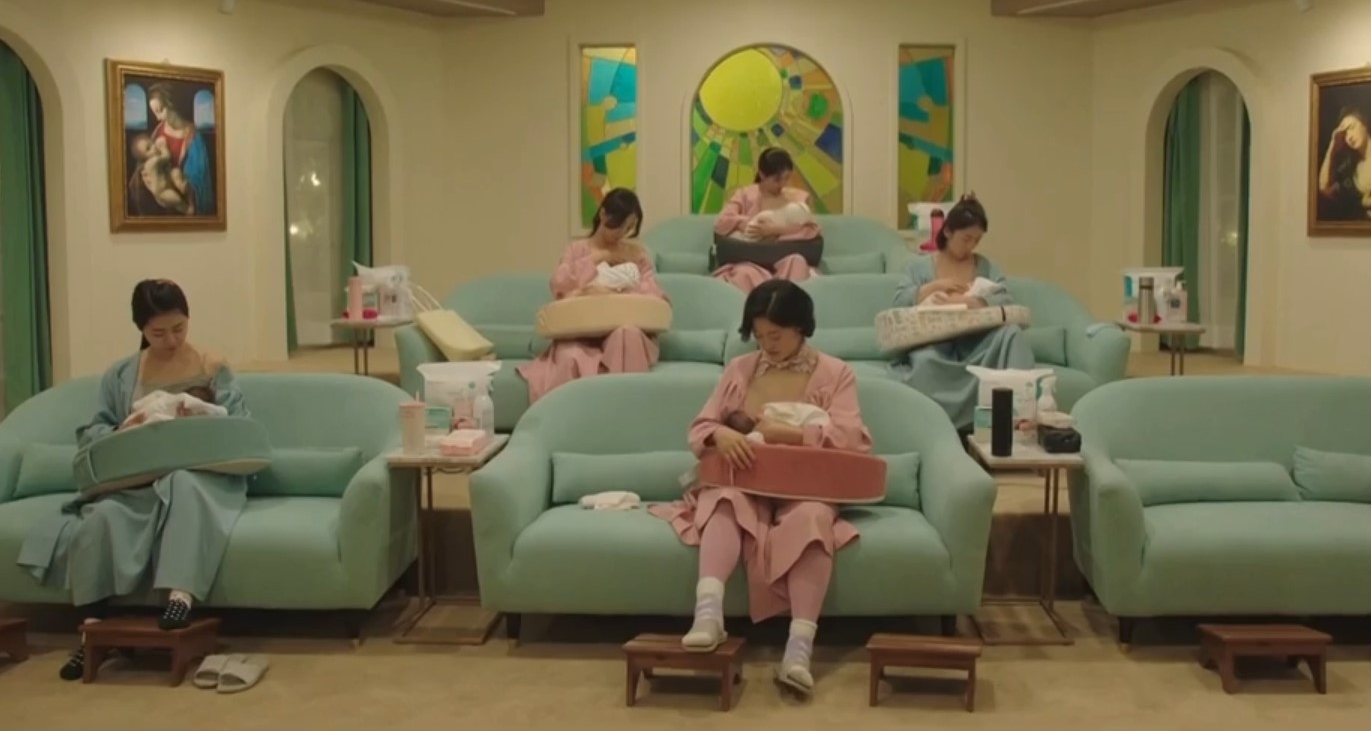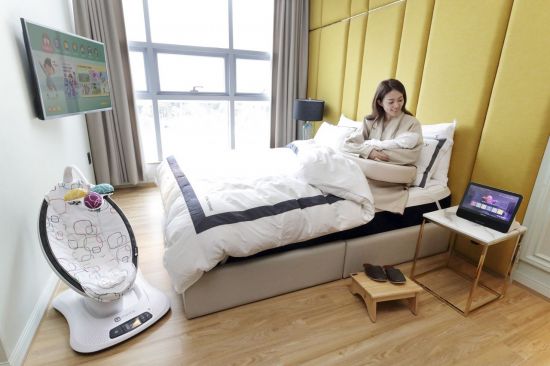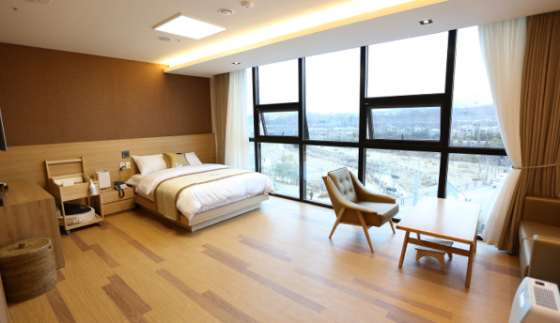South Korea’s Postpartum Care Centers: A Unique Approach to Recovery After Childbirth
South Korea’s Postpartum Care Centers: A Unique Approach to Recovery After Childbirth
Introduction
South Korea is renowned for its advanced healthcare system, and its approach to postpartum care is no exception. The country’s postpartum care centers (산후조리원, sanhujoriwon) provide new mothers with a unique and supportive environment to recover after childbirth. These centers offer professional care, relaxation, and guidance for both mothers and newborns. In this blog, we’ll explore what makes South Korea’s postpartum care system so special, what services are provided, and why it’s becoming a global model for postnatal recovery.
1. What Are Postpartum Care Centers in South Korea?
Postpartum care centers, known as sanhujoriwon, are specialized facilities designed to help new mothers recover physically and mentally after childbirth. These centers typically provide:
- Professional support: Nurses and caregivers assist with baby care and maternal health monitoring.
- Comfortable accommodations: Private rooms with amenities like beds, cribs, and breastfeeding chairs.
- Guidance for new mothers: Education on breastfeeding, newborn care, and self-care.
These centers are widely available across South Korea, with many families considering them an essential part of the childbirth experience.
2. Services Offered at Postpartum Care Centers
Postpartum care centers provide a comprehensive range of services tailored to meet the needs of new mothers and their babies:
-
Mother’s Recovery:
- Regular health checks to monitor physical recovery.
- Specialized meals (e.g., seaweed soup or miyeok-guk) to promote healing and boost lactation.
- Massages and spa treatments to relieve tension and aid recovery.
-
Newborn Care:
- Round-the-clock professional care for the baby, including feeding, bathing, and monitoring.
- Support for mothers learning to breastfeed or bottle-feed.
- Neonatal health checks and assistance.
-
Educational Programs:
- Classes on baby care, from diaper changes to sleep routines.
- Guidance on postpartum mental health and stress management.
- Breastfeeding workshops with lactation consultants.
-
Additional Amenities:
- Private or semi-private rooms with hotel-like facilities.
- Communal areas for socializing with other mothers.
- Access to on-site pediatricians and obstetricians.
3. Benefits of Postpartum Care Centers
South Korea’s postpartum care centers are highly regarded for their numerous benefits:
- Physical Recovery: Mothers receive proper rest, nutrition, and care, allowing them to recover faster.
- Mental Well-being: Professional support and a stress-free environment help reduce postpartum depression risks.
- Quality Baby Care: Newborns receive expert care, giving parents peace of mind.
- Education and Confidence: First-time mothers gain knowledge and skills, boosting confidence in caring for their baby.
- Community Building: Mothers can bond and share experiences with others in the same phase of life.
4. Cost of Postpartum Care Centers
The cost of staying at a postpartum care center varies depending on the location and level of services offered:
- Average cost: KRW 2 million–5 million (USD 1,600–4,000) for a 2-week stay.
- Insurance and subsidies: While not covered by national health insurance, some local governments provide subsidies for low-income families.
Despite the cost, many families consider the benefits of sanhujoriwon well worth the investment.
5. Challenges and Criticisms
While postpartum care centers are widely praised, they are not without challenges:
- Accessibility: The high cost may make them unaffordable for some families.
- Cultural expectations: Mothers who don’t use postpartum care centers may feel societal pressure or guilt.
- Standardization: The quality of services can vary significantly between centers.
6. Global Interest in South Korea’s Postpartum Care System
South Korea’s postpartum care centers have gained international attention as a model for improving postnatal recovery. Other countries are exploring ways to adapt similar systems to support new mothers and reduce postpartum complications.
7. Tips for Choosing a Postpartum Care Center
If you’re considering a postpartum care center in South Korea, here are some tips to help you choose the right one:
- Research and Reviews: Look for centers with high ratings and positive testimonials from other mothers.
- Visit the Facility: Schedule a tour to check the cleanliness, staff professionalism, and amenities.
- Compare Costs and Services: Ensure the center offers services that meet your specific needs.
- Ask About Staff Expertise: Confirm that the staff includes trained nurses, lactation consultants, and pediatricians.
Conclusion
South Korea’s postpartum care centers are a testament to the country’s commitment to maternal and infant health. By offering a supportive and luxurious environment for recovery, these centers allow mothers to focus on their well-being while receiving professional care for their newborns. Whether you’re a local or an expat, the sanhujoriwon experience is a unique and valuable part of postnatal recovery in South Korea.
Call to Action
Have you experienced postpartum care in South Korea, or are you considering it? Share your thoughts or questions in the comments below! For more insights into parenting and healthcare in South Korea, follow this blog.





Comments